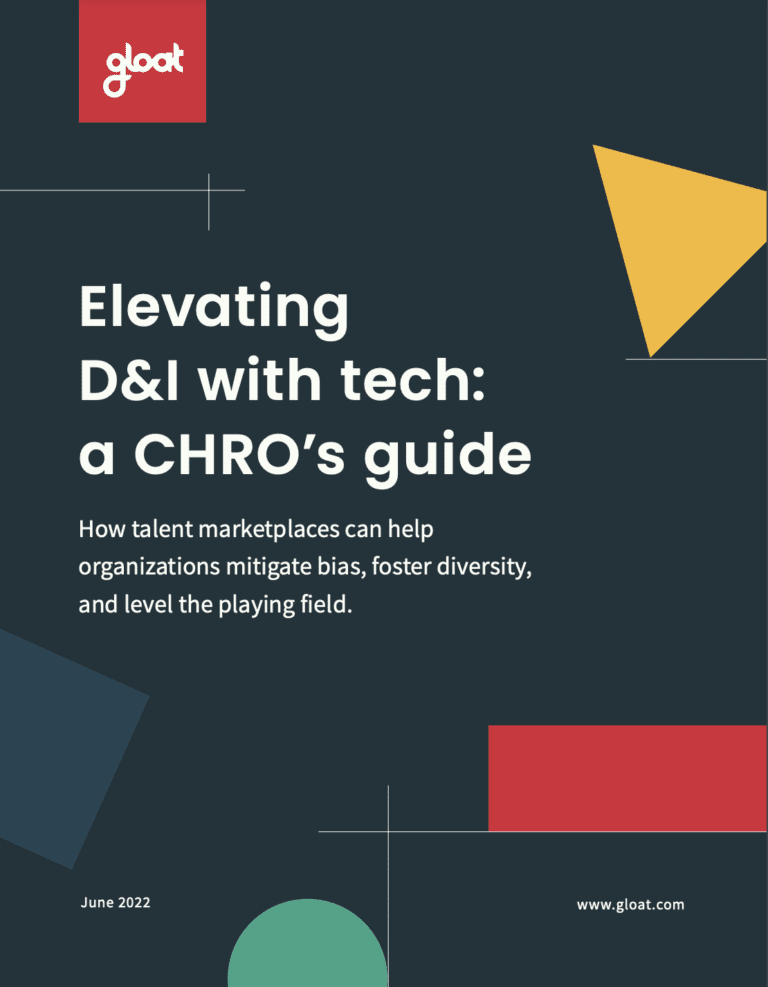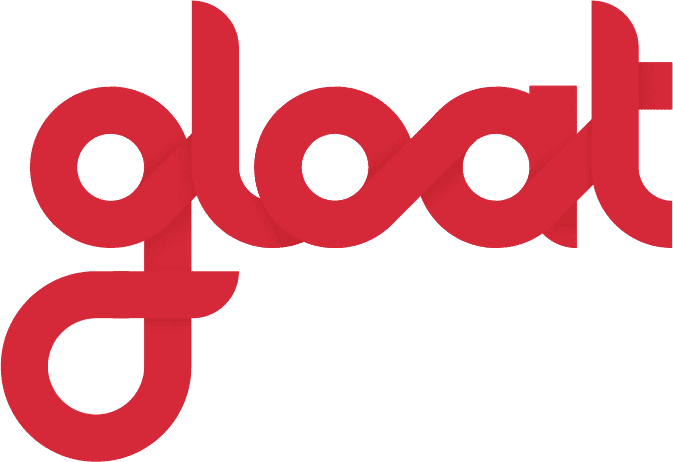How Deloitte and Standard Chartered are creating engaged workforces
Building inclusive environments for the good of your people—and your company’s future
HR’s role in supercharging innovation through democratizing opportunity
As One Dagun, Lead Talent Marketplace at Standard Chartered Bank, and Christina Brodzik, Principal at Deloitte, discussed their experience with DEIB initiatives during a recent Gloat Learn session, one thing was clear: Companies that create inclusive workforces are better positioned to succeed.
“The whole point of diversity is squarely in the middle of how we define ourselves,” Dagun said. “(Standard Chartered Bank’s) mission statement is defined that way, driving commerce through our unique diversity, and that’s what it’s all about. So that sits at the center of what we do across the organization, not just from an HR standpoint, but also from a business standpoint, because it’s right there within the mission statement.”
Organizations with greater diversity routinely outperform those with lower diversity in terms of innovation, according to a Boston Consulting Group study. As more employees feel valued and recognized by their company, their contributions increase, and engagement rises along with it. And as the hyper-competitive hiring landscape continues, leaders need to make sure they are giving their employees a reason to stay now more than ever.
Diversity is as invaluable as the products or services a company offers. So now, organizations need the strategy and commitment to implement the DEIB measures that today’s workers expect.
Watch the full discussion above, and be sure to check out our guide on elevating D&I efforts through technology.

Elevating D&I with tech: a CHRO’s guide
Learn how Seagate, Standard Chartered Bank, and other organizations are utilizing talent marketplaces to elevate their DEIB efforts.
Help mitigate bias, foster diversity, and level the playing field to ensure your company is providing equal opportunity to all of your people.
‣ Top takeaways
"What the talent marketplace has done is pull down the walls that used to exist between colleagues being visible globally across, especially in an organization like ours," Dagun said. "And for me, that's one of the fulfilling parts of driving adoption or leading adoption in the marketplace.
"So, let me try and paint a scenario. Before now, where there were opportunities, the kind of opportunities you would find in the marketplace, whether it's mentoring, partnerships, or the opportunity to join gigs and projects in other markets or in other functions or businesses, the challenge that most of us would typically have is that we wouldn't even know where these opportunities exist.
"If you're not in a specific talent program, you might not get the opportunity to find a mentor or to be assigned a mentor within the organization," Dagun said. "So the talent marketplace democratizes access to all of this, just by it being there."
"So, something that I would encourage every organization to do before they go onto any DEIB programs is to understand what's going on at their own organization," Brodzik said. "I encourage companies to look at three things:
"One, what quantitative data do you have that's available? And what can it tell you? So not just representation, but what can it tell you? I also encourage people to think about the qualitative information you have available, whether that's talent surveys, or as One was talking about, some sort of listening sessions. What sentiment can people tell you?
"And then the third thing I tell people to look at is, I would tell organizations to look at just static documents that are laying around," Brodzik said. "What kind of processes do you have? What kind of policies do you have? What kind of trainings do you have for folks?
"And when you look at those three things together, it kind of tells you what your story is. So what is the current state of DEIB for you today? And what do you want it to look like in the future? And that is how you can kind of plan your roadmap and your strategy and determine how you best want to make an impact. Now, how you measure that impact is a different story and we can talk about that too, but that's what I would suggest to organizations."
"I honestly think that we will be in this growing state for a little while," Dagun said. "And it's really, like you said, if it's about empathy, then it's about being open. Being open to hear the voices that could possibly be silent today, right? That's a, what's the term? A silent voice."
"But there are still a number of silent voices, how are we going to be deliberate as organizations, as individuals to uncover or to unmuffle those voices and hear what they're saying and how they want to be included and how they want to belong within the organization? I think there's still a lot of growing to be done, there's still a lot of learning to be done, it's really about taking that stance of openness and that would allow us to capture what comes through."
"When I look back over the last 1, 5, 10 years, there have been some things that I think are consistently improving, and there are some things that are staying stagnant," Brodzik said. "From a stagnant perspective, we recently talked to different organizations and we asked them, 'What are the biggest orthodoxies? What are the biggest roadblocks or old tapes that you hear that are impeding your success?'
"And when they talk to us about some of those old tapes, like for example, doing something for one group might mean taking opportunities for another, or this is really important, but we have so many other business priorities right now," Brodzik said. "Some of those things, I think there's some stagnation there. Those old tapes haven't changed much in the last, even 10 years. The same thing we asked 10 years ago, we're hearing today so that's disappointing.
"On a progress perspective, I would say that organizations are being held more accountable publicly and so I think that's encouraging or forcing whichever word you want to use, people to have to learn more about it," Brodzik said. "And then in that learning, they're realizing how valuable it can be to individuals and to organizations. And so we're seeing more public commitments than ever been made before and now we're starting to see people say, 'Well, what are you doing for those public commitments?' And so your brand and your reputation is on the line if you don't do something with the commitments that you've made."
"A lot of our work on diversity, inclusion, and equality is delivered through the marketplace, drawing in colleagues to participate in practicing of policies, in researching," Dagun said. "Some that have happened is even recently we did a review that should help the inclusivity of women in menopause, and that was delivered as a project on talent marketplace.
"Apart from generally colleagues participating, the second one is delivering specific D&I projects through the marketplace.
"And another I would say is how we've been able to implement certain specific strategic initiatives in the marketplace. (Standard Chartered) is using the marketplace to draw in the people from the various minority groups and creating a mentoring and sponsorship program for them in line with our commitments to that charter that has been signed," Dagun said. "Another one is we're also working on a women in tech mentoring program, a mentoring initiative to be delivered through the marketplace, specifically targeted at female leaders in our tech department. And there are several others that have been going on, but these are the few that I can easily mention."




